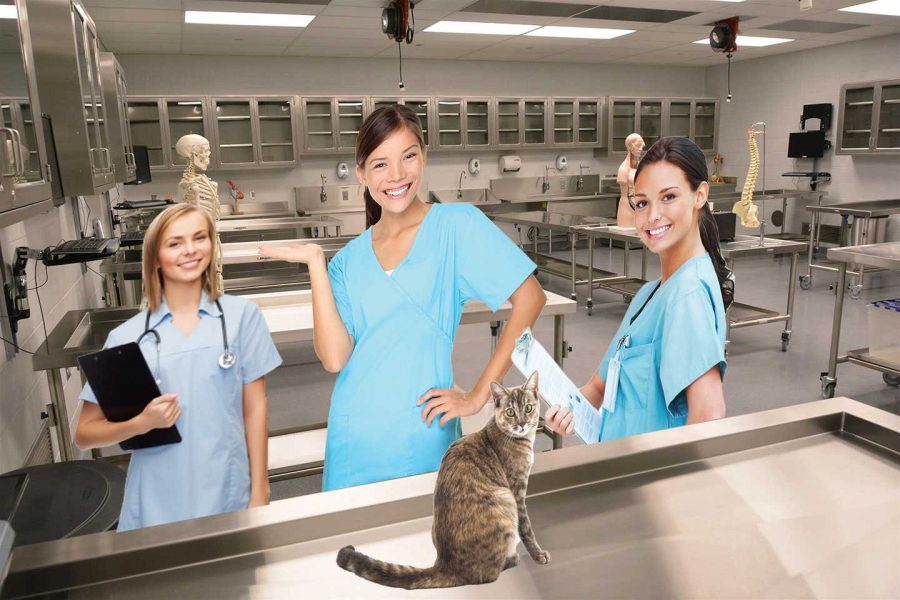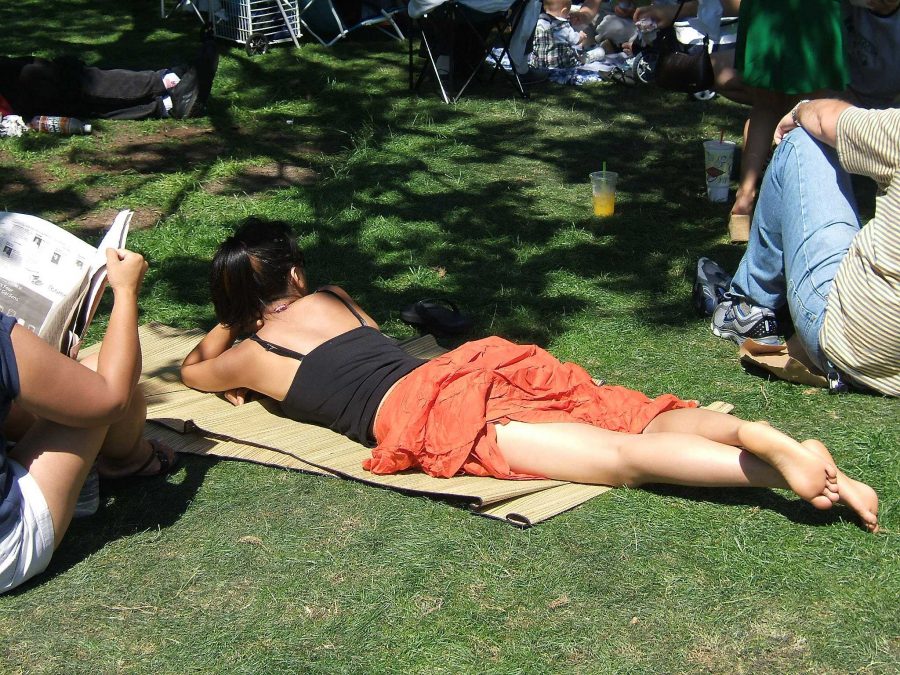By Haley Costen
Staff Writer
The Scott Ross Center’s Global Service Week kicked off on Monday with Health and Society Day, which included a workshop with the Boston Doula Project.
A traditional birth doula is a nonmedical person who assists a woman before, after, and throughout childbirth. In recent years the practice has come to include women seeking abortions as well.

Sarah Whedon, a representative of the Boston Doula Project, explained that the movement for abortion doulas began when a group of pro-choice doulas in the anti-choice birthing community decided that doula support would be valuable to women choosing to terminate pregnancies as well. From this idea, the New York Doula Project began and spread throughout the country.
“People have been providing support for people having abortions for as long as people have been having abortions—which is as long as people have been getting pregnant,” Whedon said.
The mission statement of the Boston Doula Project is to provide free, compassionate and empowering support to people experiencing abortion. This includes promoting the doula model of physical, emotional, spiritual, and informational support for people throughout the spectrum of reproductive experiences.
“We are really aligned with both the full spectrum doula movement and the reproductive justice movement,” Whedon said. “They both give us tools and value sets for the work that we do.”
But what is the work that they do?
The Boston Doula Project’s three main programs are to provide free support to those experiencing abortions, train people to provide doula support, and to facilitate conversation around reproductive health rights and justice, according to Whedon.
The two ways people in Massachusetts can get a legal abortion are through an in-clinic procedure or medication, which is partially taken at an appointment and partially taken at home. Boston Doula Project doulas are trained to be supportive in either situations.
“All the support birth doulas do, abortion doulas do too,” Whedon said, adding that support could be answering questions, validating their emotions, helping spiritually, or simply being a presence and holding a hand.
The event not only explained the work of abortion doulas, but focused on the project’s central value of reproductive justice.
The term “reproductive justice” was coined in 1994 by women of color organizing around reproductive rights and seeing limitations in middle- and upper-class white women’s organizing, according to Whedon.
The Boston Doula Project uses a definition created by Asian Communities for Reproductive Justice. Its definition states that “reproductive justice exists when all people have the social, political, and economic power and resources to make healthy decisions about our gender, bodies, sexuality, and families for ourselves and our communities.”
“So that’s a lot,” Whedon laughed. “And it’s a lot on purpose because what this is recognizing is that reproductive justice is about all people. It’s not just about women, it’s not just about white women, it’s not just child-bearing white women.”
The Boston Doula Project’s framework for reproductive justice moves away from thinking about the individual, and toward what is healthy for a person seeking an abortion in their family and larger community, according to Whedon.
The project addresses reproductive oppression through three frameworks: reproductive health, rights, and justice.
The reproductive health model focuses on services to address women’s reproductive health needs and relies on key players such as medical professionals, health educators, and health care providers. Meanwhile the reproductive rights model aims to protect women’s legal right to reproductive health services, relying on advocates, legal experts, lawyers, and policy makers. The reproductive justice model involves organizers and community members dedicated to creating structural change and challenging power inequalities.
The second half of the event was run by volunteers Rachael Battagioli and Karen Turner. Students made lists of four prevalent non-reproductive rights issues and analyzed how gender and sexuality come into play. Everything from vaccinations to gun control intersect with reproductive rights.
Attendees later traced links between reproductive issues like sterilization, breast feeding, and sex-ed to broad issues like racism, body image, regionality, and poverty.
The Boston Doula Project will be visiting Suffolk University on Friday with Emily Letts, who released the viral video of her own abortion to reduce stigma.
The project is also accepting applications for doula training on their website: bostondoulaproject.org.















Sarah Whedon • Apr 16, 2015 at 12:23 pm
Thank you to the Simmons community for welcoming the Boston Doula Project to campus this week. It was a privilege to speak with you. I do want to clarify that, although there’s a lot of anti-choice sentiment in the birthing community, there are also many birth workers who are supportive of people having abortions. Many of our abortion doulas also work as birth doulas. We’d love to see Simmons students at the Emily Letts event tomorrow night at Suffolk University. RSVP on Facebook: https://www.facebook.com/events/1580858385505145/